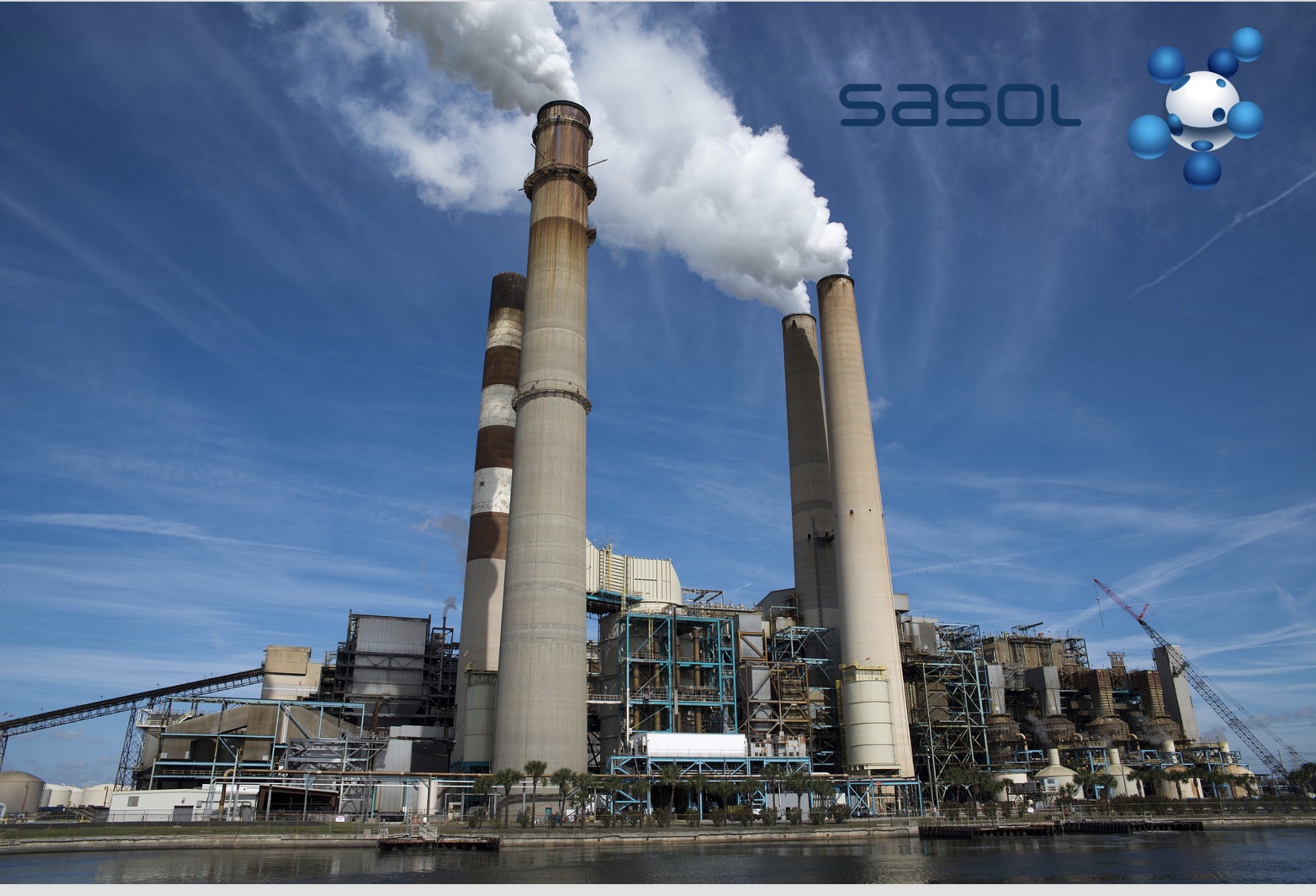
- Gas will be required to provide power on a flexible basis as the energy generation system transitions to renewables, but Eskom is open to cleaner alternatives, says an executive.
- Eskom’s Komati coal-fired station already has started micro-grid assembly as well as agriculture, as part of just energy transition plans.
- An activist says that the just energy transition requires communities to be involved in decision-making.
Gas will be necessary to provide power on a flexible basis as the energy generation system transitions to renewables. But Eskom is open to cleaner alternatives, an executive at the power utility said on Monday.
Head of Eskom’s Just Energy transition Office, Mandy Rambharos, was speaking during a webinar hosted by EE Business Intelligence. The webinar also included input from activist and photographer Daylin Paul, which shared his work documenting the harsh impacts of coal operations on the environment and communities in Mpumalanga.
Commenting on the transition from coal to cleaner energy generation such as renewables, Rambharos noted the need for flexible power to fill the gaps between energy demand and supply from wind or solar power.
In their 2018 book South Africa’s Energy Transition: A Roadmap to a Decarbonised, Low-cost and Job-rich Future, Tobias Bischof-Niemz and Terence Creamer argue that the supply of plants dependent on the weather need to be accompanied by flexible power sources to fill supply gaps.
In the case of solar PV and wind turbines, when there is no sunshine or wind, then flexible generation could be provided by natural gas, or battery storage, or hydropower.
A mix of solar, wind and flexible power is still more environmentally beneficial and economic than coal or nuclear projects, according to the authors.


Recent Comments